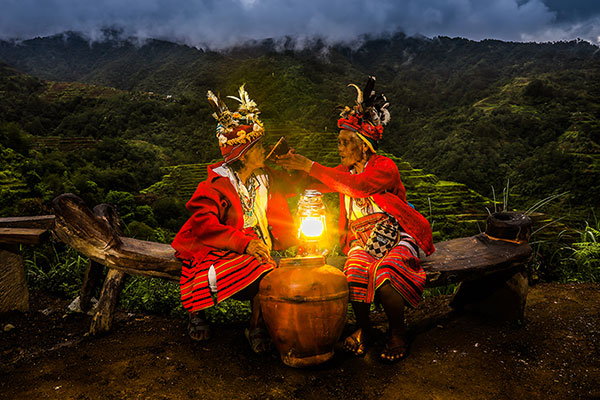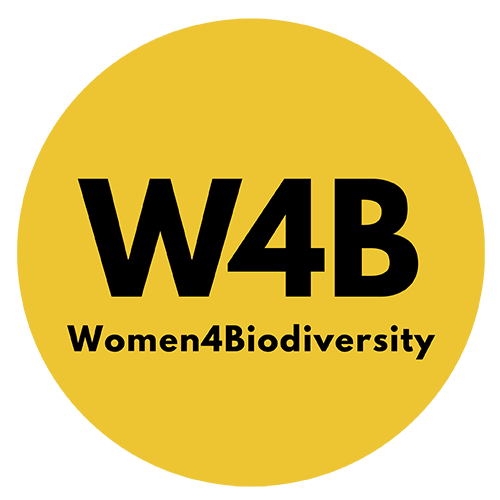This is a guest post from International Funders for Indigenous Peoples in line with the Earth Day 2022 theme of “Invest in Our Planet.”
International Funders for Indigenous Peoples is a global funder network dedicated to Indigenous Peoples globally. It seeks to build, foster, and transform the relationship between the funding world and Indigenous Peoples to one that is mutually beneficial. IFIP works towards influencing philanthropy through value-based partnerships that incorporate IFIP’s Four R’s of Indigenous Philanthropy” —Respect, Reciprocity, Responsibility and Relationships to re-frame funding relationships for more significant impact.
IFIP facilitates three collaborative spaces for IFIP members: the first is for Indigenous-Led Funds, the second is for funds that support and value partnering with Indigenous Peoples on issues that relate to stewardship of land and seascapes, self-determined management of resources, and protection of biocultural diversity and the third, which will be highlighted here, is for members who support the empowerment of Indigenous Women and their inclusion across crucial platforms and movements that address their concerns.
Indigenous women have an intrinsic relationship with the environment and depend more on natural resources for their economic, social, and cultural activities. They have a productive role in ensuring food, water and energy for their families. They also have a vital role in practising and transmitting the traditional knowledge they hold to future generations. These relationships and responsibilities have been affected by the negative impacts of human actions. Investing or funding women is investing in the planet because women are the guardians and defenders of the earth.
Indigenous Peoples protect approximately 80% of the world’s biodiversity found in their lands and territories, and Indigenous women are the guardians of their environment because of the different roles they play in their communities. Funding is an essential response to adaptation and mitigation needs and strategies for Indigenous Women. Investing in Indigenous Women also means investing in those who know how to and have been defending the planet for millennia through sustainable use, protection, and preservation of their resources.
In recognising the critical role Indigenous Women play as leaders in their communities, IFIP aims to enable and facilitate conversations and collaborations with funders that lead to more effective and increased direct funding for Indigenous Women and their organisations and networks. This is done through peer learning, where funders come together and share good practices on funding women, networking with funders with similar priorities, highlighting key issues facing Indigenous Women and planning a path to improve coordination among grantmakers to address those issues. The Indigenous Women Working Group is the collaborative space facilitated by IFIP. The group endeavours to cultivate a direct partnership among Indigenous women, funds, donors, and allies around the world that aim to advance philanthropic practises grounded in Indigenous Peoples’ values and traditions; moreover, who respect Indigenous Peoples cosmovisions and support Indigenous Women’s empowerment to uphold their individual and collective rights.
Over the years, IFIP has included and elevated this critical topic at its conferences, newsletters, and, with the onset of Covid, hosting and contributing to webinars on Indigenous women. IFIP had previously engaged in a joint report with the Association of Women in Development (AWID) and the International Forum of Indigenous Women (FIMI) titled, “A Call to Action: Insights into the Status of Funding for Indigenous Women’s Groups”. This report highlights the importance of funding Indigenous women’s groups who are invaluable partners in achieving multiple goals: advancing women’s human rights, environmental justice, preserving traditional knowledge, and strengthening social movements.
A gendered approach must be taken in funding to meet specific needs and priorities of women because failure to do so will only exacerbate the existing inequalities, especially for Indigenous Women who face multiple discrimination for being poor, Indigenous and a woman.



Impressive I am keen on women led climate change actions for resilience